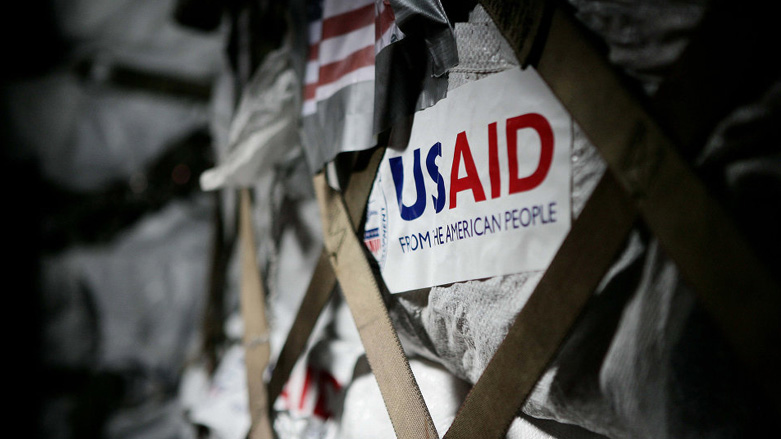USAID: 6.7 million people in Iraq need assistance, few IDPs to return home soon

ERBIL (Kurdistan 24) – The US agency charged with coordinating international aid announced on Friday that millions of people in Iraq are in dire need of assistance, tens of thousands were affected by recent flooding, and less than ten percent of the nation's internally displaced persons (IDPs) were planning to return home in the foreseeable future.
"Approximately 6.7 million Iraqis will require humanitarian assistance in the coming year," read the first Complex Emergency Fact Sheet on Iraq for 2019, just released by the United States Agency for International Development (USAID).
"Protection of vulnerable individuals remains a priority in 2019, with significant challenges hindering the safe, dignified, and voluntary return of internally displaced persons."
USAID is an independent agency of the United States federal government that is primarily responsible for administering civilian foreign aid and development assistance. With a budget of over $27 billion, it is one of the largest official aid agencies in the world and accounts for more than half of all US foreign assistance.
"Relief actors, including U.S. Government (USG) partners, are providing winter assistance to vulnerable populations across Iraq," the report continued, noting that flooding in recent months was detrimental to "at least 32,000 people in northwestern and central Iraq."
The agency also reported that the rate of those displaced by the conflict with the Islamic State since 2014 that are now returning home has slowed in recent months, "and only 9 percent of IDPs residing in formal settlements intend to return to areas of origin by mid-2019."
"As a result," it continued, "many displaced Iraqis will continue to rely on humanitarian assistance to meet basic needs in the coming year."
In mid-January, The International Organization for Migration (IOM) warned that IDPs and other vulnerable populations in Iraq and the Kurdistan Region ill-equipped to deal with freezing winter temperatures were in urgent need of support.
Of the 1.8 million people who remain displaced as a result of the conflict with the Islamic State, over 500,000 are in camps and 140,000 live in makeshift tents, schools, religious buildings, or abandoned structures, an IOM statement read.
Of those that have gone back to their areas of origin since mid-2015, it added, many continued to live in “precarious conditions.”
